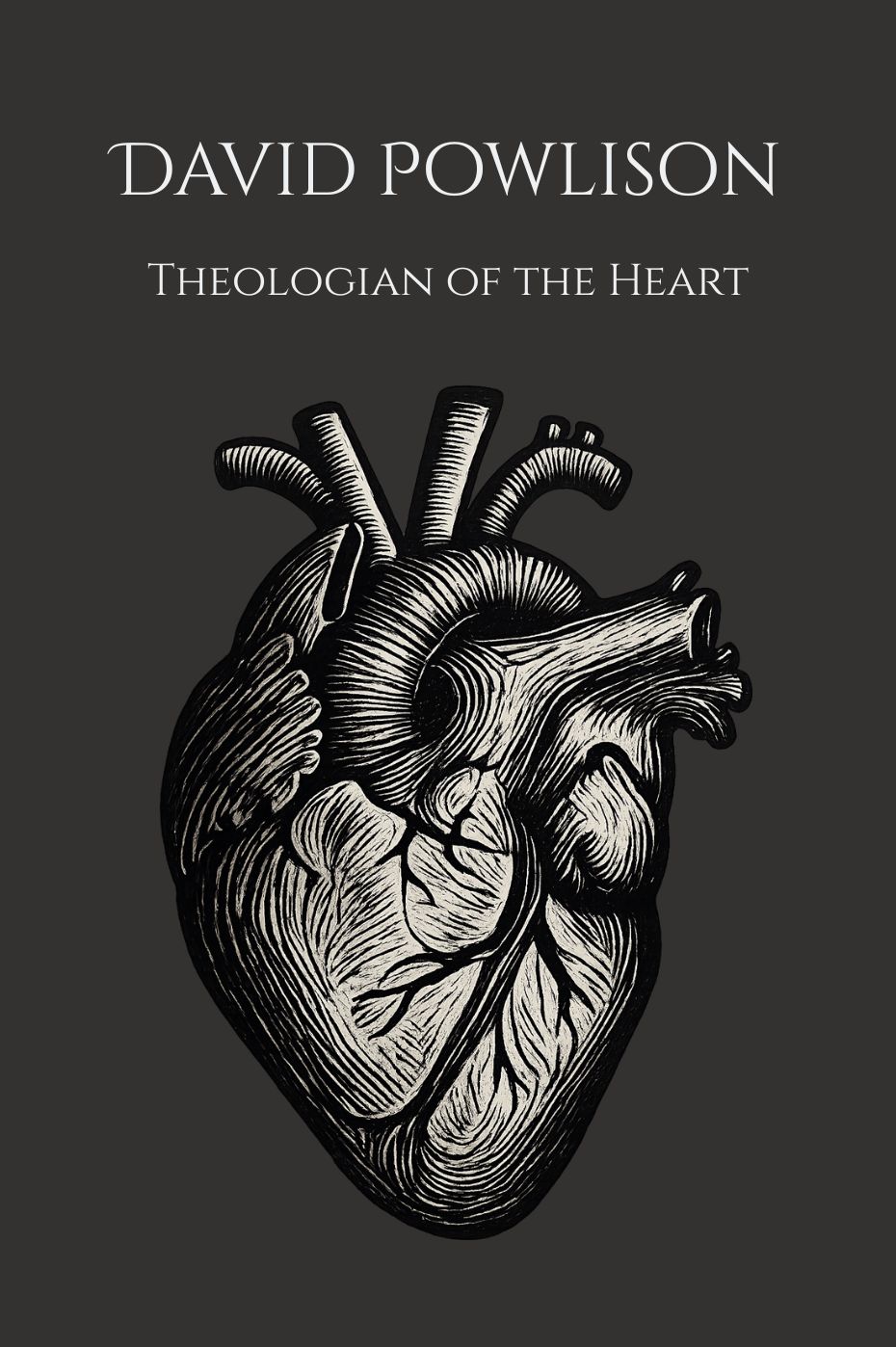The Illusion
As adults, we suffer from an illusion. It starts in seed form, and then it grows like ivy all around us. It’s the illusion that greatness requires something grand. The greatness of a person lies in her brilliance, complexity, profundity, excellence, or professional output. The greatest things we do must be painfully labored over, skillfully constructed, and perfectly nuanced. For instance, as a writer, I find myself striving for some mysterious standard of sincere and poetic glory—hard to define but easy to critique. My best work must not only shine a light on the clear teaching of Scripture; it also needs to be the most articulate, layered with emotional and perspectival depth, and accented with all the apropos concrete imagery. But whether for people, tasks, or writers, the illusion is the same: greatness must be grand. Whatever is momentous can never be simple or quick or carefree.
But that’s a lie. I wouldn’t have seen through the illusion if my kids weren’t always delivering crayon drawings. Every single one reminds me that in my understanding of greatness, I have forgotten to account for something heart-wrenchingly precious: sincerity.
The Ghost of Motive
Sincerity dwells in the realm of motive: why we do what we do. And we often discount the importance of motive. Why? Well, we assume that motive is only a starting point. It gives us the reason or purpose for doing something or becoming someone, and then it fades away. It becomes part of history, but not part of the present or the future. Motive gets ghosted. We learn to forget why we began something and focus instead on what we’re aiming for.
And what does everyone else see? The final product: the concrete, fully developed person or work. Motive is hidden behind the heaviest curtains. Only those who go looking for it can find it.
But think about this when it comes to verbal or artistic expression. One of my favorite books is Annie Dillard’s Pilgrim at Tinker Creek. It’s a beautifully written reflection of the raw, mysterious, and transcendent powers in nature—and how those powers intersect with our own lives. The Pulitzer-winning book is the final product that Dillard produced. Yet, if I found out that she secretly had written it only because she wanted fame and fortune—because she wanted to be on a bestseller list or gather reviews in The New Yorker—my view of the book would alter dramatically. The work is meant to peel back layers of the human soul through pensive observation. For her motive to be purely commercial would destroy the spirit of the work—its sincere search for meaning in the wilds of experience. Motive matters.
Sincerity is the heartbeat behind beauty and greatness. Take it away, and all that’s left is a lifeless shell.
Dillard’s sincerity is a major part of what makes the book beautiful—her earnest desire to watch and listen and interpret the wilds of the Roanoke Valley in Virginia. Without that sincerity, what’s left?
Sincerity is the heartbeat behind beauty and greatness. Take it away, and all that’s left is a lifeless shell.
What Children Teach Us
Now take that sincerity and look at the next crayon drawing a child gives to you—with the loose lines and flat hair and stick-figure limbs. The strokes are precious because the child is sincerely doing his or her best, rushing in a frenzy of creation to mark meaning on a page. Yet, the sincerity is not just precious; it is great. It is “remarkable in magnitude, degree, or effectiveness” (Merriam-Webster), especially when it comes to matters of the human soul.

When I receive the index card with penned letters spelling out “I love dad,” I don’t just receive information. I receive a person—one communicating the deepest inner truths in external form. She is drawing out her inner experience with lines and shapes, pulling from a thousand memories and hand-holds and smiles, channeling untold hours into ink. She hands it to me with pride. And she should. It’s beautiful. It’s sincere. It’s great—remarkable in its magnitude of love, remarkable in its degree of purity, remarkable in its effectiveness to stir things within me.
In God’s eyes, greatness does not require grandeur. It requires gratitude.
Now, you and I think we’re a whole lot better than frenzied crayon artists with messy hair and sticky fingers. But are we? At our best, we offer all we are to God—with complexity, depth, articulation, skill, craftsmanship, intentionality, hope. We offer the grandest to the greatest.
But God, in comparison to us, is . . . well, incomparable. His horizon-line perfection dwarfs our vain attempts to make straight lines. To put our glory next to his is to flick an ember next to the sun. His creativity actually lives and breathes. And he has taken all the threads of our lives—a bird’s nest the size of Saturn—and woven them into one plan over which he lifts and lowers the loom of history. What are we beside him? How could we really think that anything we would offer him—our craft, our magnum opus, our very lives—would be more than a crayon drawing?
But sincerity counts. Sincerity matters. And the greatness in our giving is at bottom a matter of the heart, not of the head or hands.
In God’s eyes, greatness does not require grandeur. It requires gratitude. For there, in our thankfulness for having the chance to live and move and have our being (Acts 17:28) on this turning earth, we see who we truly are: children. We have been given life by another. And at our best, we go to give ourselves in gratitude. Greatness is ultimately measured by thankfulness.








